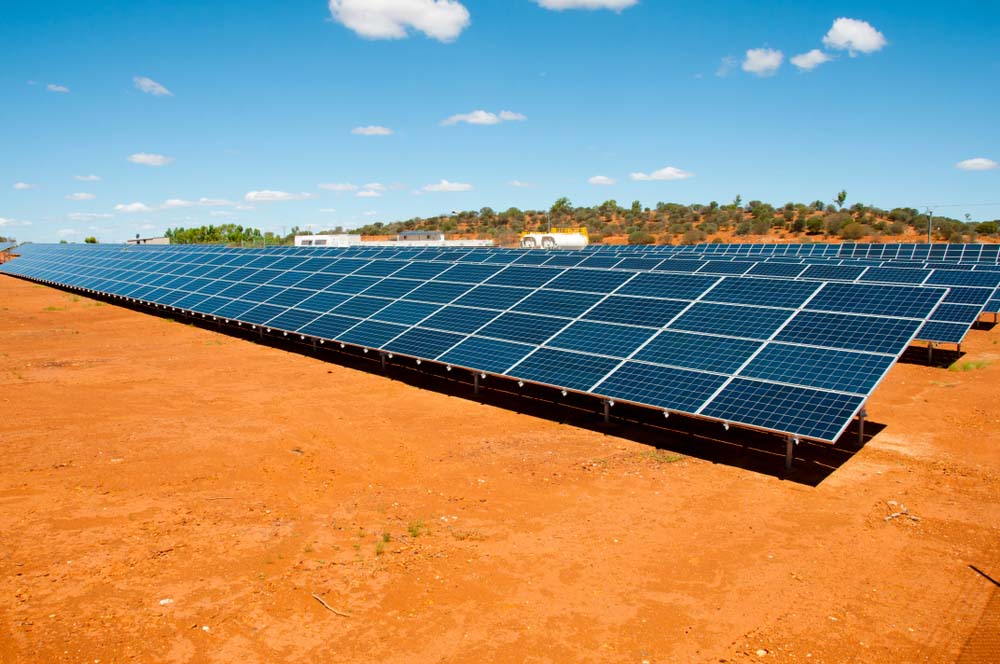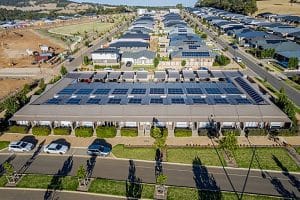There’s no doubt that the solar industry is exploding, despite recent setbacks across all sectors from the ever-present COVID-19 pandemic. We can attribute the success of this form of renewable largely to three primary factors:
- Cost-effective / competitive pricing
- Increased efficiency
- More demand for renewables to cater to these two needs
But despite making its mark on Australia and the broader world over recent years, there’s still plenty of surprising facts that we tend to overlook for the impressive powerhouse that is solar energy. So, here are a few that we think are pretty nifty and worth paying attention to.

Solar is the most abundant source of energy on the planet
This isn’t as surprising – the sun provides endless energy for our planet, the only challenge is collecting and harnessing that power. Ultimately, wherever its rays land, that surface carries the potential to collect and preserve this energy through the use of a solar panel, for use across a plethora of contexts.
We can collect one year’s worth of power in one hour
The problem is that we don’t have the technology or capacity to do so. But the fact remains: we could theoretically collect all the sunlight falling down on Earth for one hour, and then have enough energy to power the entire planet for a whole year. Woah. If you like numbers, that will look something along the lines of 430 quintillion joules of energy. In other words – 430,000,000,000,000,000,000 joules.
Installing solar panels are more cost-effective than ever
Like a fine wine, this technology only gets better with age – and better priced too! Thanks to accessible advances in materials used for manufacturing panels, through to wide adoption across the globe & increases in energy wholesale prices, installing solar panels is a more cost-effective solution than ever before. Back that with plenty of government rebates and subsidies and there’s an endless list of ways you can put your foot in the door of this rising eco-friendly trend.
The cost of solar has dropped by 82 per cent since 2010, and whilst panels may not necessarily get any cheaper, advances in new & emerging technology, including batteries would bring down the overall price in renewables even further.
Solar panels still work without direct sunlight
If it’s cloudy, there’s no reason to be concerned that you might not collect enough power for your household or business needs. While solar panels are obviously not as efficient when it’s overcast, it doesn’t mean they don’t work at all. These panels are still 40 per cent efficient on days that are cloudier than usual.
China leads the charge
China is the global leader in solar generation, with a huge 200 GW capacity achieved by its developments at the end of 2019.
Solar energy is much cheaper than coal
These days, running coal plants is far more expensive than using solar or wind farms. It’s expected that by 2025, these costs will have risen significantly. So, there’s another reason to make the transition.
China wants to put a solar farm in space
We love this one. China has plans in place to install a solar farm in space by 2050. These intentions aren’t publicly accessible right now, but we do know that it’s likely to feature an array of satellites blanketed with solar panels. It’s expected this array could create up to 2,000 GW of energy. To put that into context, the
You may be thinking you need to install a solar panel on your home or business to reap the benefits of solar power. However, you would be wrong. This can be done by signing into a Community Solar project. This is basically a large area dedicated to solar energy that nearby residents and business owners can opt into.
Are you thinking of taking advantage of all these benefits? If so, get a solar quote today! In the meantime see how your current energy bills could be reduced with cheaper rates & charges, via our free health check.






































